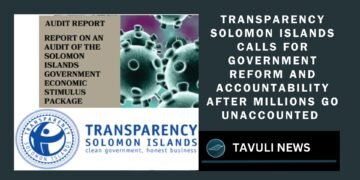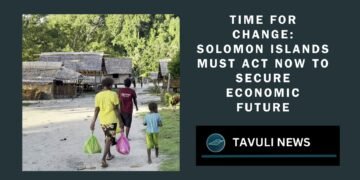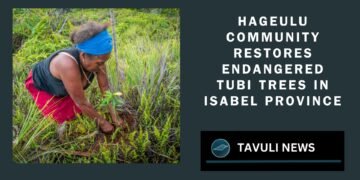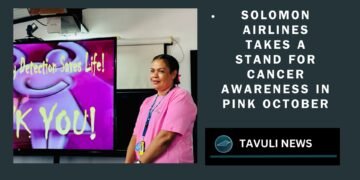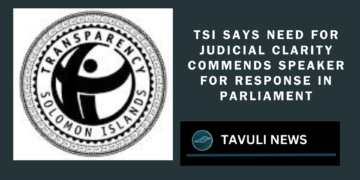WELSI Initiative Launched to Break Barriers for Women in Leadership
Women in leadership roles face numerous barriers, both visible and invisible, stemming from societal expectations, cultural norms, and structural inequalities. The launch of Women in Executive Leadership Solomon Islands (WELSI) aims to address these challenges.
During the keynote address at the WELSI launch on Friday, 18 October 2024, Ms. Pamela Naesol Alamu, President of WELSI, emphasized the organization’s commitment to empowering women in executive positions. “WELSI is designed to change that. By providing women with the support, networks, and opportunities they need to rise into executive positions, we are dismantling those barriers one by one,” Ms. Alamu stated.
WELSI is the result of a strategic collaboration between the Solomon Islands Chamber of Commerce and Industry (SICCI), the Solomon Islands Women in Business Association (SIWIBA), and the Institute of Solomon Islands Accountants (ISIA).
“This initiative focuses on mentorship, capacity building, and creating pathways that ensure women can ascend to the highest levels of leadership with confidence and competence,” Ms. Alamu explained.
As the Chief Executive Officer of ISIA, Ms. Alamu noted that the launch is just the beginning of a broader effort. “Over the coming months and years, we aim to build partnerships with organizations, industries, and government bodies to ensure that this is not just a symbolic launch but a meaningful, long-term commitment to the empowerment of women in the Solomon Islands. We will be holding forums, workshops, and leadership training sessions to equip women with the skills they need to lead in an increasingly dynamic and globalized world,” she said.
Research has shown that organizations with diverse leadership teams, including women, are more innovative, resilient, and successful. Ms. Alamu highlighted that these qualities are crucial as the Solomon Islands face complex social, economic, and environmental challenges.
“But beyond the statistics and the research, we know the power of women in leadership because we have seen it firsthand,” she added.
Ms. Alamu concluded by acknowledging the essential roles women play in their communities: “We know the mothers, daughters, and sisters who run households, manage budgets, solve crises, and inspire hope. It is time for this leadership to be fully recognized and reflected in our boardrooms, public institutions, and every sector of society. Together, we are creating a future where leadership is not defined by gender but by the passion, wisdom, and dedication one brings to the table.”












